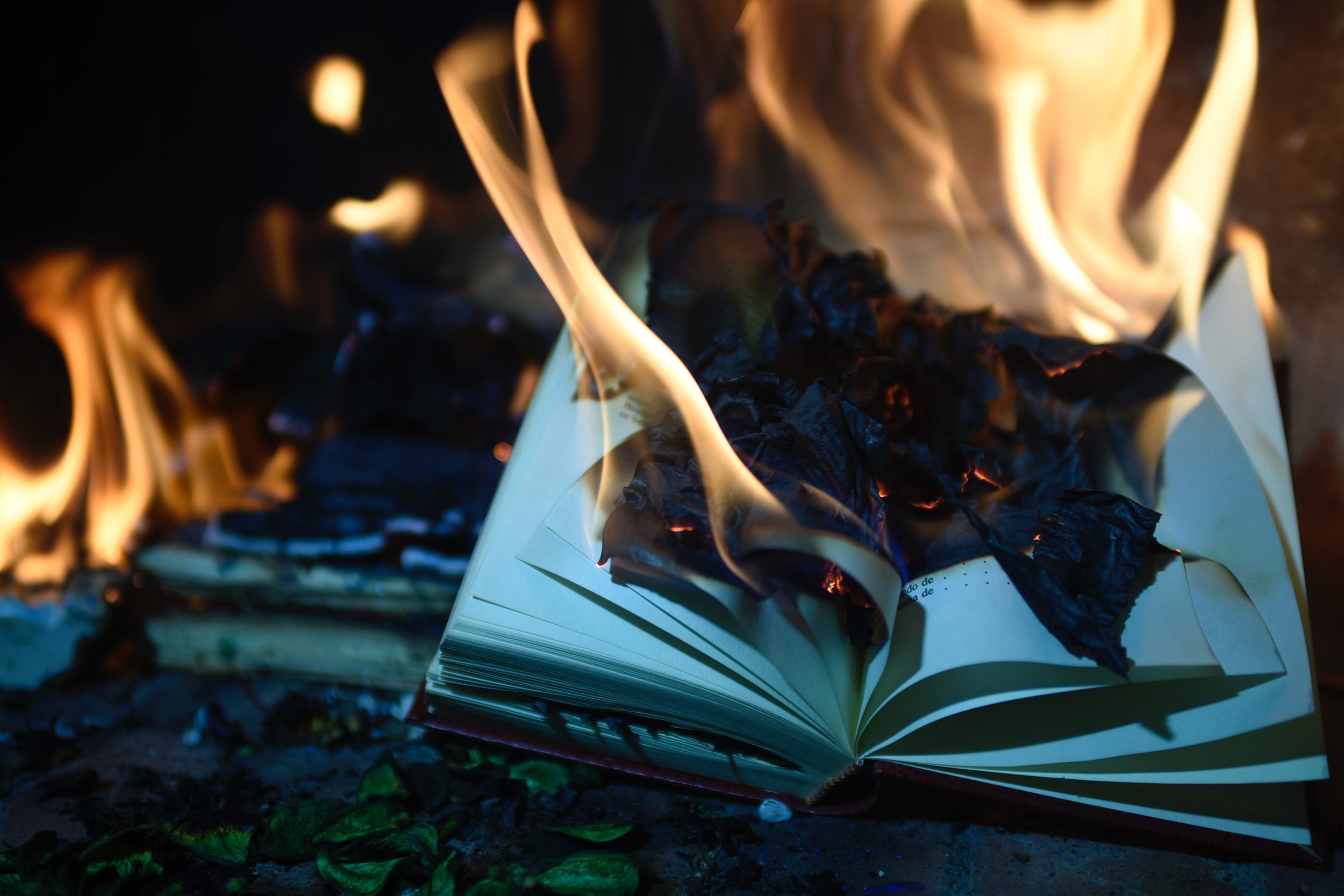BLOG
Should Books Have Ratings?
It’s a discussion that keeps coming up. With movies, TV shows, music and video games already under the umbrella of a ratings system, why not books? Would it be beneficial for readers, especially tweens? Or is it one step away from censorship and book burning parties?
First, it’s important to realize that there is a difference between ratings and censorship. Censorship involves altering or eliminating content while ratings involve classifying content based on some sort of standard. When we’re talking about rating media, we’re referring to the process of an independent group such as Common Sense Media which scores books based on several elements including violence, sex and nudity, educational value, and profanity.
So what are the advantages and disadvantages to applying a rating system to literature? Let’s take a look at the issue from both sides.
Pro Ratings
In 2012, a professor at Brigham Young University's department of family life, named Sarah Coyne, conducted a study suggesting adding a rating to book covers, specifically of young adult books. She claims that this would “empower” parents to make thoughtful and wise decisions in regards to what their young children (ages 9 - 12) should be reading.
That doesn’t sounds so bad. Many parents already monitor their children’s media content, using pre-existing ratings to determine if a movie or TV show is appropriate. I know plenty of parents who have guided their children toward more child-friendly content based on the small rating box in the corner of a video game.
But I can understand how supporting a rating system could spiral out of control. Remember book burning? But maybe if society learns to separate ratings and censorship, there could be a way to please those who benefit from ratings while avoiding censorship.
Editor and writer Rachel Manwill’s article WARNING: On YA, Ratings, and Censorship doesn’t support censorship, but does challenge people to consider a rating system claiming, “The ratings themselves are not a form of censorship; the stores and booksellers that would use those ratings to restrict purchases – they are the ones guilty of censorship. The ratings are NOT. “
Valid point. We know To Kill A Mockingbird was banned from schools based on content. It was the adults and school systems that decided to ban it, along with The Adventures of Huckleberry Finn and even Harry Potter got backlash thanks to some Christian parents who felt the witchcraft premise might not be appropriate for their children.
The ratings aren’t the problem. It’s how we handle the ratings that is the concern. So why should people who want the ratings suffer because some people take it too far?
Against Ratings
Well, some people will suffer because people take it too far. At least, that’s one of the anti-ratings arguments. If we were to rate To Kill A Mockingbird “R” based on theme and content, what would happen?
Scenario One - Parents would be allowed to decide if their child can handle the content. Some teenagers might be more mature and advanced than others, and their parents may decide to allow their children to read this book. Others, may decline. And that would be the end of the story.
Scenario Two - Parents would rally together, citing an “R” rating as completely inappropriate for their teenager’s English class. The book would get banned.
See the concern?
The National Coalition Against Censorship argues this exact point, that public education would suffer and what starts out as an innocent request for ratings would end in censorship.
Writer Lauren Davis examines the issue in her article The Thriving Industry That Helps Encourage Book Censorship. She states “rating services tend to boil content down into overly simplified categories, with bullet points that can at times read less as thoughtful dissection of the texts than as a warning to parents.”
Also a valid point. The violence and racism in To Kill A Mockingbird wasn’t frivolous, but if a parent who never read the book were to look at a bulleted list of “questionable” content found within the book, they might be quick to write it off before giving it a chance. And where would we be without books like the ones on the banned list?
My Opinion
I wish there were a way to have ratings without censorship. As a book reviewer, I can’t tell you how many times I wished I knew what trigger warnings were in a book before I started reading. But yes, that means I would have cut those books off my to-be read list. And to be completely honest, I refuse to read certain books with specific triggers. Some books just aren’t for me, and if possible, I appreciate the heads up.
But as a writer, I want to be able to write whatever I want without fear that someone will rally against my work and deem it unfit for the masses. I care deeply about my stories and my characters. They have purpose and meaning, and it would be discouraging to have my work boiled down to bullet points from Common Sense Media.
So I’m somewhere in the middle.
Leave a comment and let me know your thoughts.



